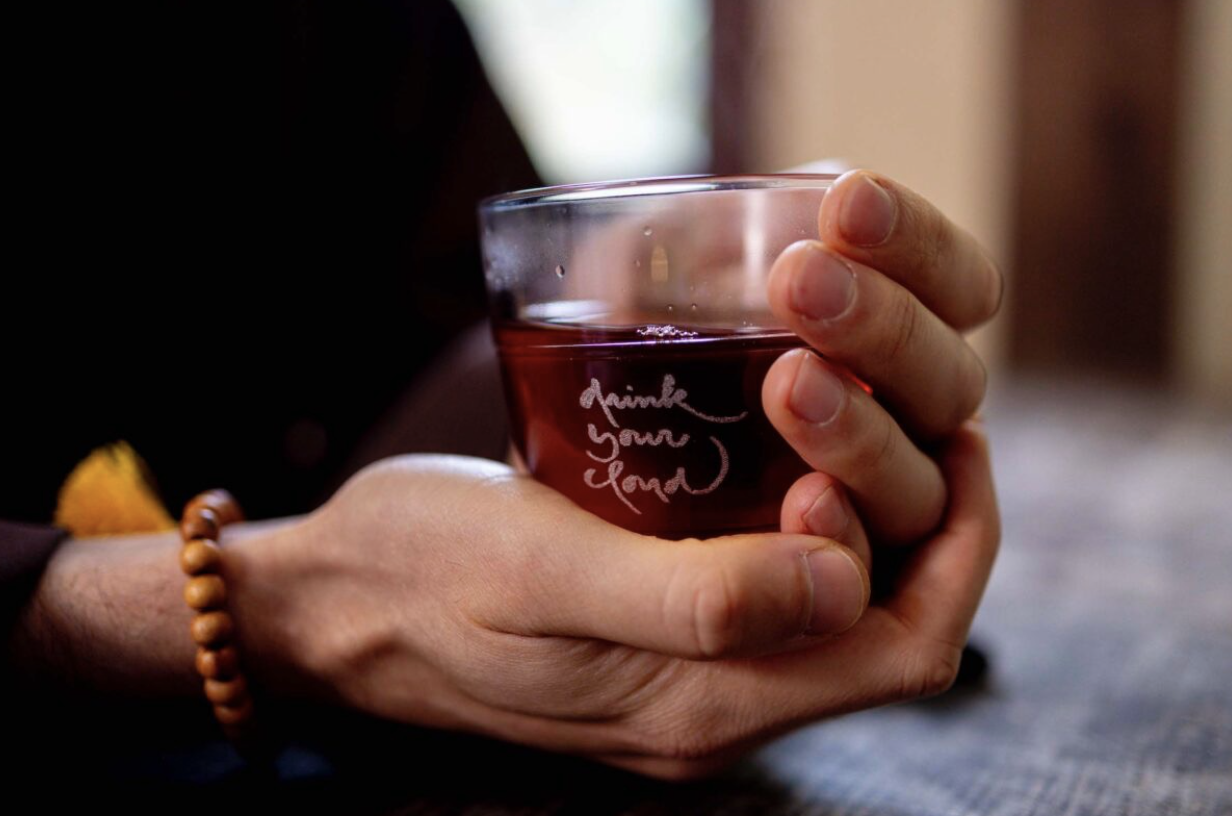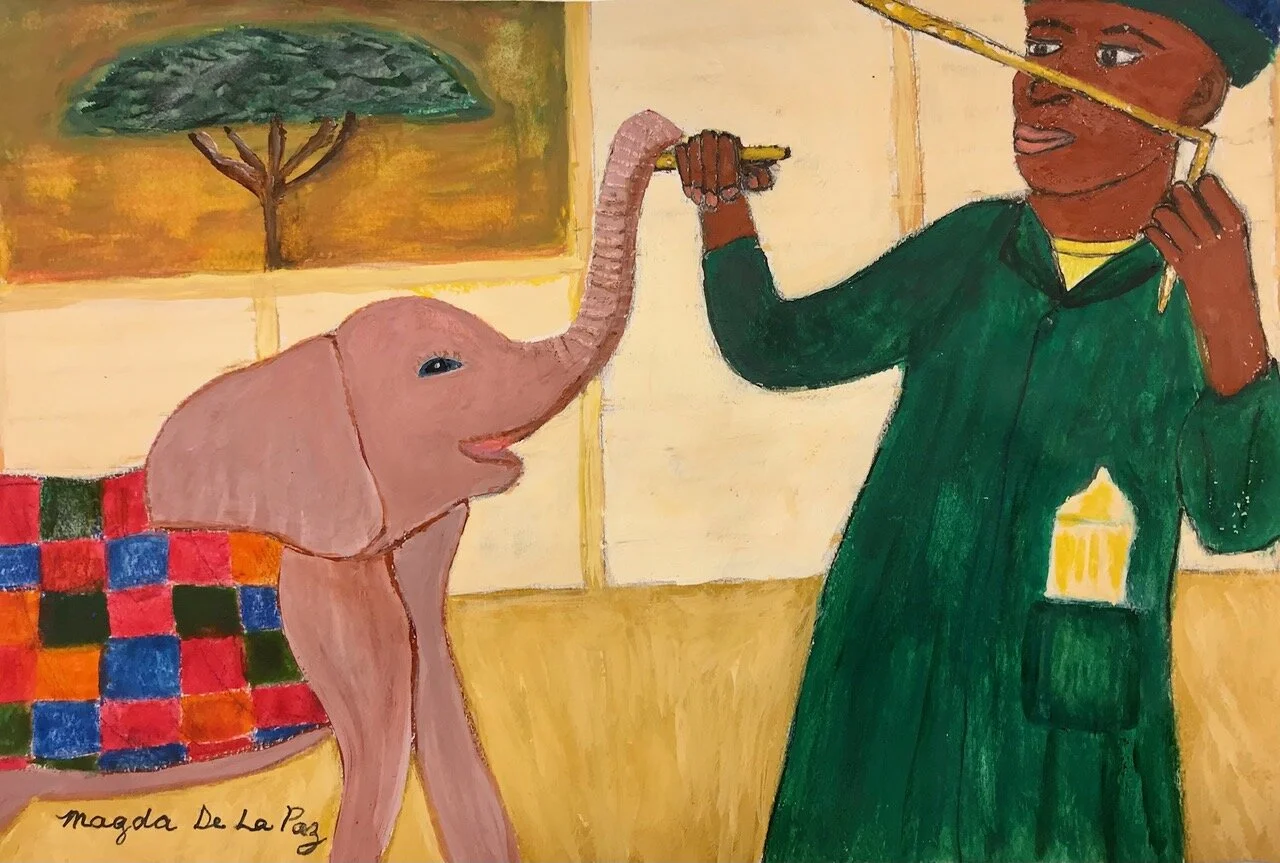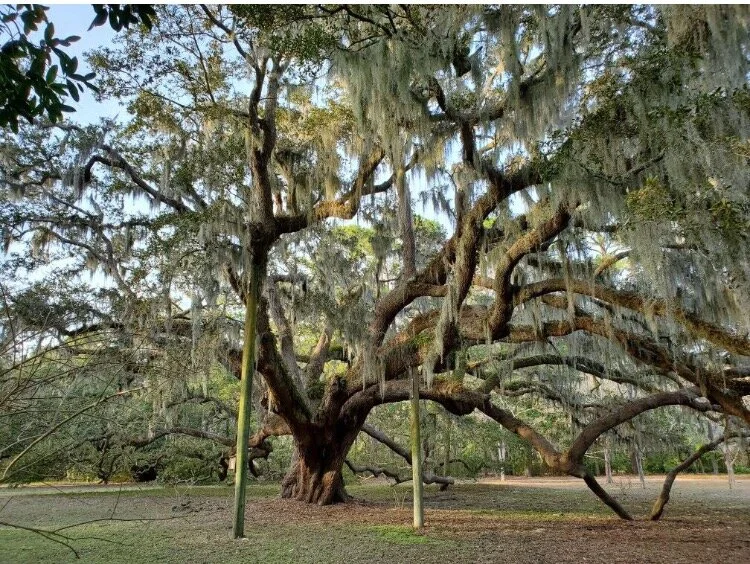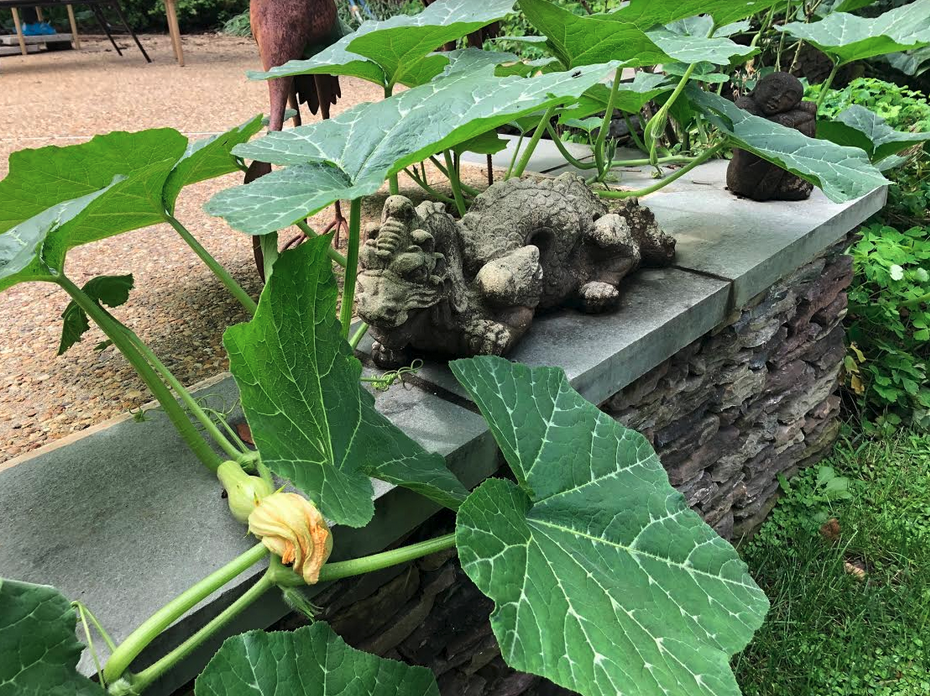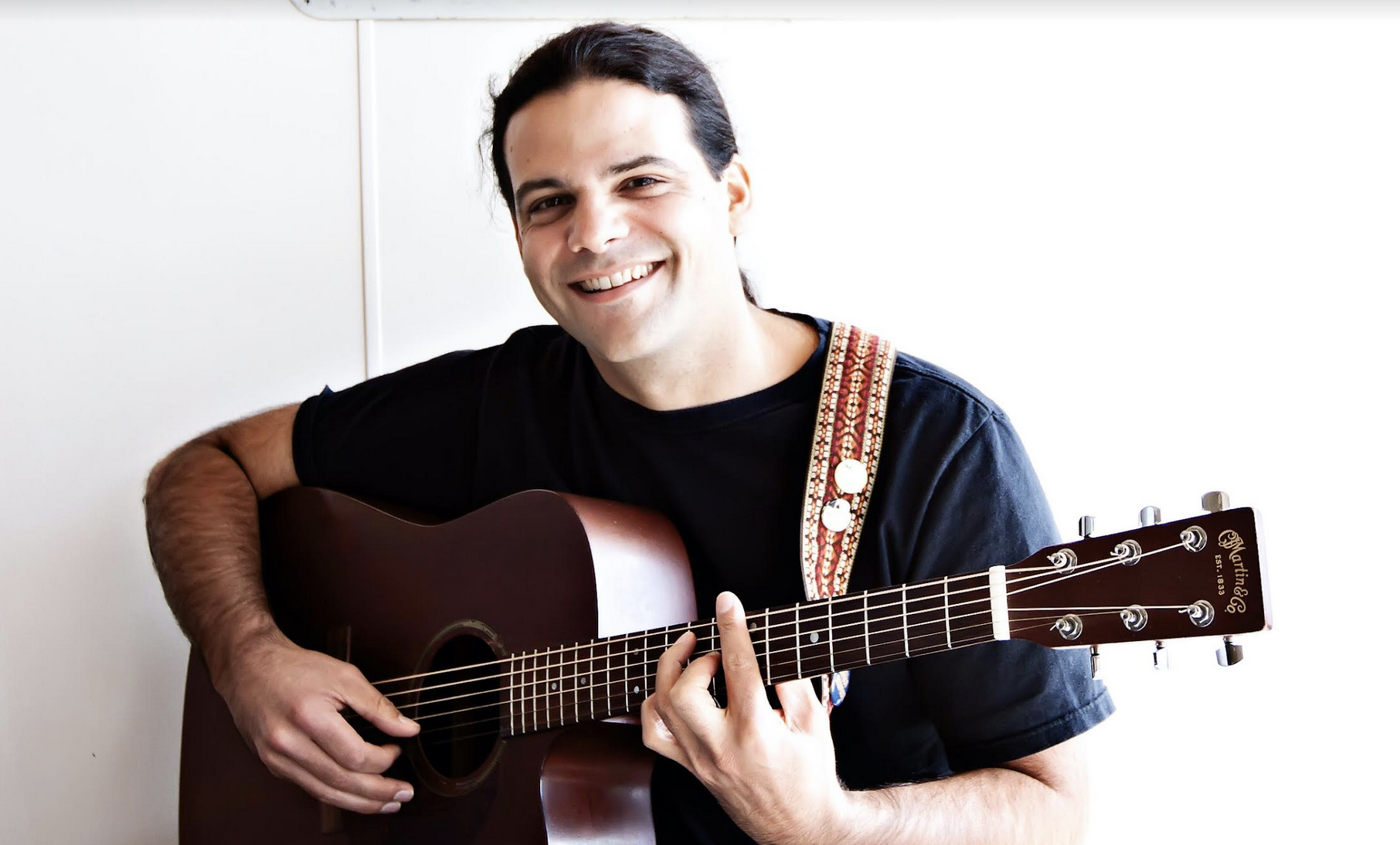Dear Thay, dear friends,
On Monday, we’ll explore the Fifth Mindfulness Training, Nourishment and Healing as it relates to difficult moments and comfort eating.
One of the many things I love about the Five Mindfulness Trainings is that they’re aspirational. When I read them, I feel the love, encouragement and non judgement with which they were written. There’s also an element of strength, or perhaps belief, inviting us to step into the practice in ways that will support us and the larger world.
All of this is true, AND, when times get really tough, I often want to soothe myself by eating something comforting, mindlessly - ideally with my attention focused elsewhere. Something in me judges me for being unmindful, contributing to suffering. Am I?

